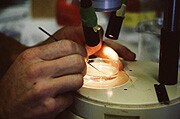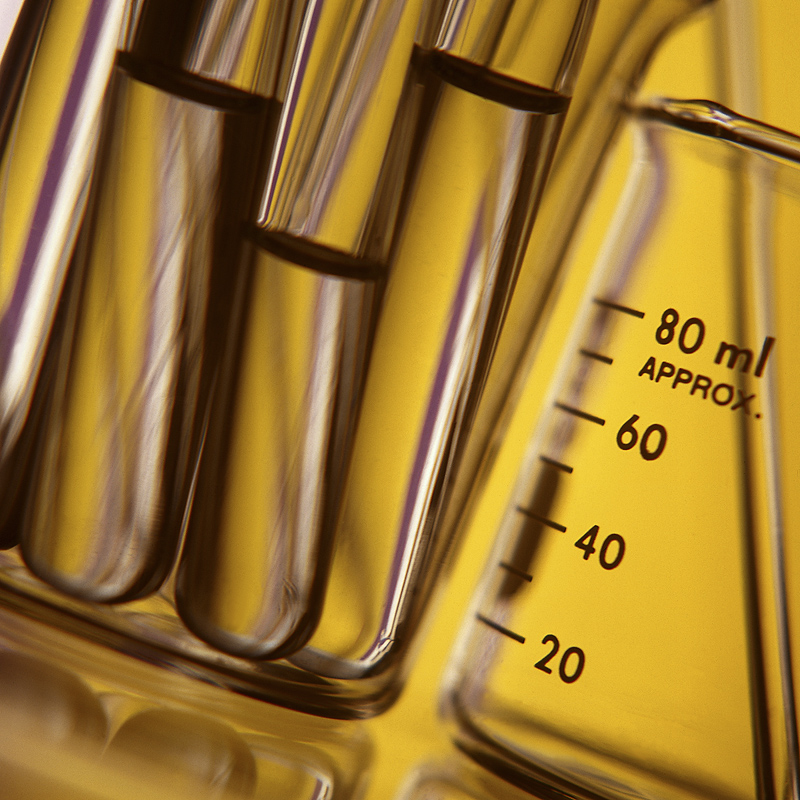
WEDNESDAY, June 22 (HealthDay News) — A new test that uses a saliva sample to predict a person’s age within a five-year range could prove useful in solving crimes and improving patient care, University of California, Los Angeles geneticists say.
Their test focuses on a process called methylation, a chemical modification of one of the four building blocks that make up DNA.
“While genes partly shape how our body ages, environmental influences also can change our DNA as we age. Methylation patterns shift as we grow older and contribute to aging-related disease,” principal investigator Dr. Eric Vilain, a professor of human genetics, pediatrics and urology, said in a UCLA news release.
He and his colleagues analyzed saliva samples from 34 pairs of identical male twins, aged 21 to 55, and identified 88 sites on their DNA that strongly linked methylation to age. They replicated their findings in 31 men and 29 women, aged 18 to 70, in the general population.
The team then created a predictive model using two of the three genes with the strongest age-related link to methylation. When they entered the data from the saliva samples taken from the twins and people in the other group, the test correctly predicted their ages within five years.
“Methylation’s relationship with age is so strong that we can identify how old someone is by examining just two of the 3 billion building blocks that make up our genome,” study author Sven Bocklandt, a former UCLA geneticist now at Bioline, said in the university release.
The research appears online June 22 in the journal Proceedings of the National Academy of Sciences.
Physicians might use this test to evaluate patients’ risk of age-related diseases, the researchers suggested.
“Doctors could predict your medical risk for a particular disease and customize treatment based on your DNA’s true biological age, as opposed to how old you are,” Vilain said. “By eliminating costly and unnecessary tests, we could target those patients who really need them.”
In addition, police could test traces of saliva found at a crime scene, such as that on a coffee cup or cigarette, to get an idea of a criminal suspect’s age.
More information
The AGS Foundation for Health in Aging explains the aging process.

